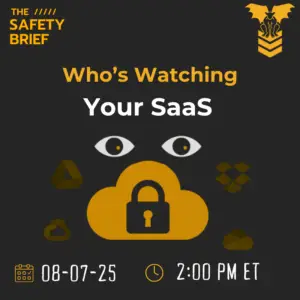 It seems that Google never stops innovating and striving to improve the services it offers. Gmail, for instance, recently got some impressive upgrades that build on those rolled out previously, which aims to keep Gmail’s billion plus active users safer than ever before.
It seems that Google never stops innovating and striving to improve the services it offers. Gmail, for instance, recently got some impressive upgrades that build on those rolled out previously, which aims to keep Gmail’s billion plus active users safer than ever before.
Not long ago, the company began warning Gmail users when they sent/received messages over unsecured connections, and the simple act of taking the time to warn their users saw a stunning 25% increase in the amount of encrypted connections.
Building on that, the company has now started making some of their in-mail warning messages more prominent. For example, the “safe browsing” security notification typically warns users when they’re about to open suspicious links embedded in emails. Initially, the warning box appeared before the link was clicked. Now, the warning box is full page, and displays as a re-direct post click, asking if the user wants to proceed. The aim here is to minimize the number of users who wind up visiting malicious sites.
The second big change Google has recently rolled out are “state-sponsored attack warnings.” These are quite rate, impacting about one tenth of one percent of Gmail’s user base, but they really matter because the users who receive these types of warnings tend to be activists, policy-makers, and journalists who stake out bold positions on various topics of importance. These people often receive threats, and may be the target of a variety of state-sponsored hacking activities designed to either compromise their tech, their safety, or as part of a smear campaign to silence them.
Google is also currently working with some of the biggest names in the industry, including Microsoft, Yahoo and Comcast to propose new standardized email security systems to help keep users and their communications safe.
Given the number and sophistication of hacking attacks occurring around the world these days, it’s nice to know that some of the biggest players in the industry are pooling their efforts to counter the very real threat the hackers pose.




